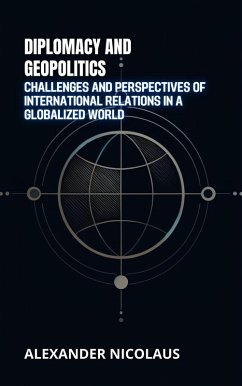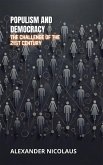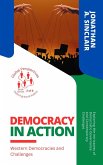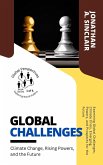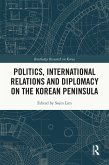Key themes addressed:
Theoretical foundations: A comprehensive review of the theories that underpin diplomacy and geopolitics, from realism and liberalism to constructivism, elucidating how these perspectives explain the interaction among major global actors.
History of diplomacy: An analysis of the evolution of diplomacy from ancient times to the post-Cold War period, highlighting events and historical milestones that have influenced diplomatic practices.
Power balances and geopolitics: A study of major global powers (U.S., China, Russia, European Union) and how the transition to a multipolar world is reshaping the international system.
Diplomacy in a globalized context: A discussion on the impact of new technologies and digitalization on diplomatic negotiations, crisis management, and mediation of international conflicts.
Multilateral organizations: An examination of the role of institutions such as the UN, NATO, and WTO in maintaining peace and strengthening international relations, emphasizing their relevance in the contemporary landscape.
Ethical and legal challenges: An analysis of the ethical dilemmas in humanitarian interventions, violations of sovereignty and human rights, as well as the strategic use of power in international relations.
Future perspectives: Reflections on the new directions of diplomacy and geopolitics in a digital and interconnected world, considering the implications of global challenges such as nationalism, climate change, and migration crises.
Differentiating features of the work:
Updated analysis: A contemporary and refreshed perspective on the dynamics of international politics and the role of emerging powers.
Focus on ethical dilemmas: A dedicated discussion on the ethical and legal challenges permeating contemporary diplomacy.
Regional approach: An in-depth study of regional geopolitics and its implications for international relations.
This work serves as an indispensable resource for students, researchers, and professionals in the fields of international relations, political science, and geopolitical studies, providing profound insights into the key issues affecting diplomacy and global politics in the 21st century.
Dieser Download kann aus rechtlichen Gründen nur mit Rechnungsadresse in A, B, CY, CZ, D, DK, EW, E, FIN, F, GR, H, IRL, I, LT, L, LR, M, NL, PL, P, R, S, SLO, SK ausgeliefert werden.

